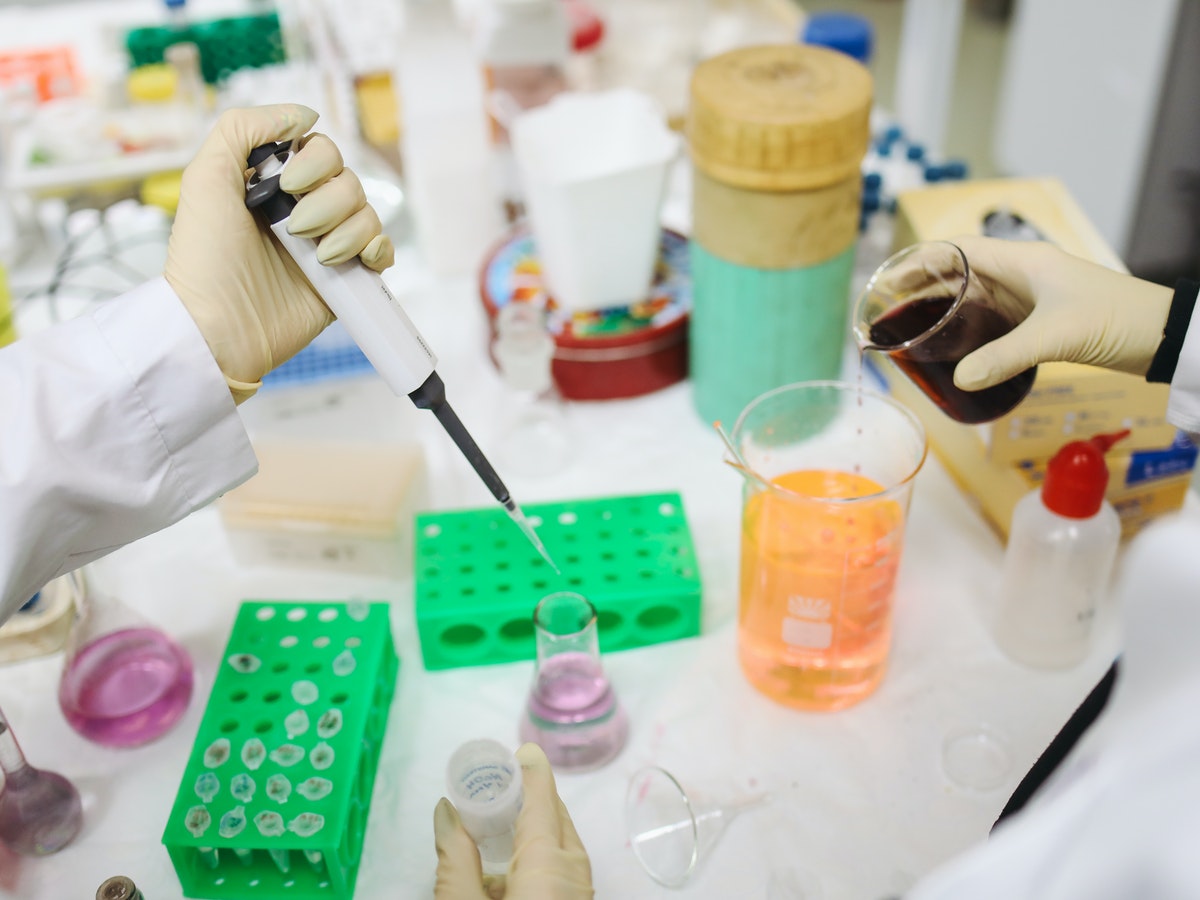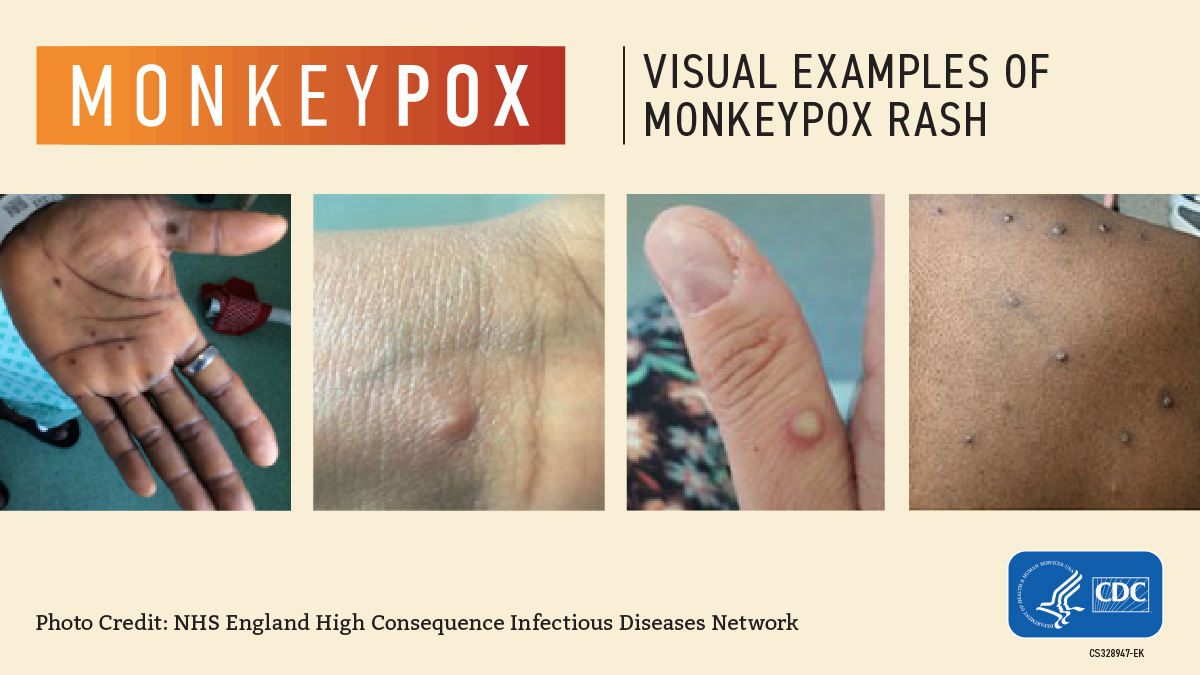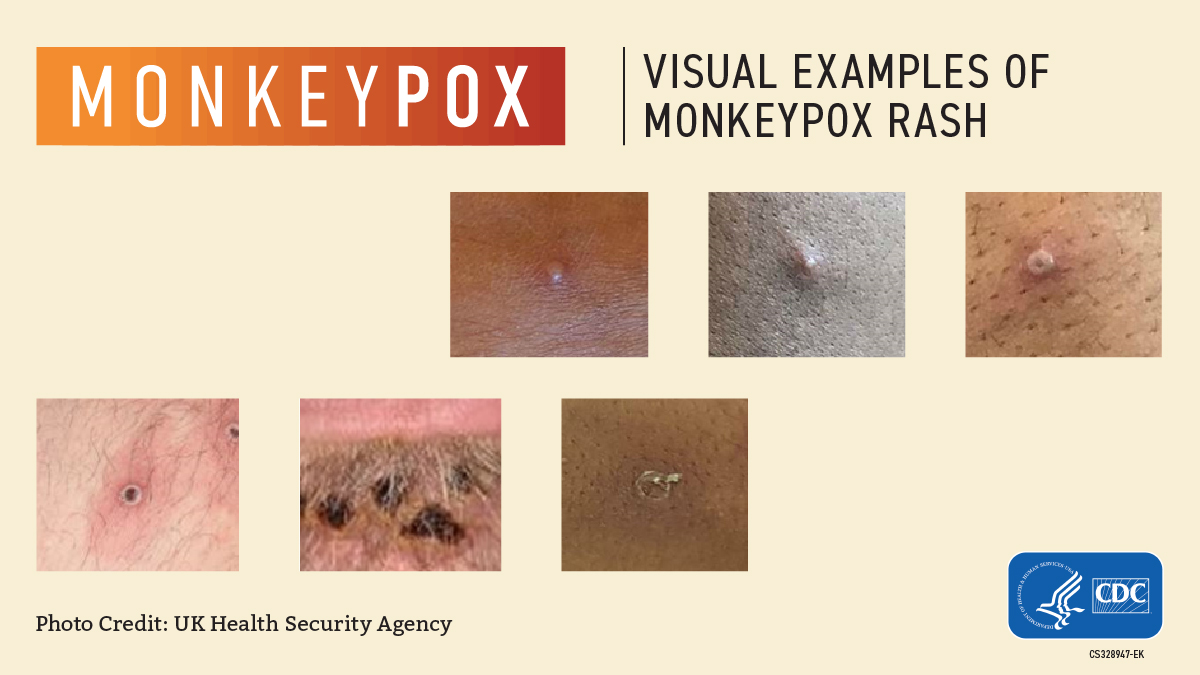Monkeypox Testing and Common Questions
The monkeypox outbreak, which started in June in the U.S., is eerily similar to the outbreak of the Covid-19 virus with regard to testing availability. Labs, like Meridian Diagnostics, are prepared for the influx of testing, and federal officials at first faced this new disease with confidence. However, weeks into the outbreak, the testing infrastructure is once again, well, tested.
Setting Up Monkeypox Testing Centers is Reminiscent of Covid-19
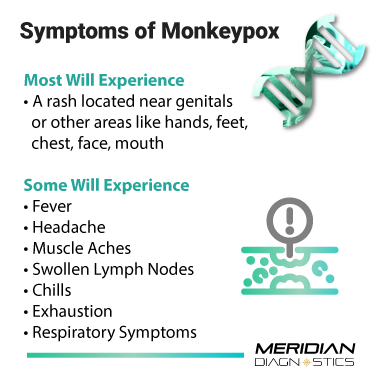 The U.S. Centers For Disease Control (CDC) and its Laboratory Response Network (LRN) can process over 8,000 monkeypox tests per week. While this seemed like plenty of testing capabilities at the time, now, several weeks in, there are still many obstacles in the way of getting people tested and treated. Many labs are concerned that there aren't enough tests for everyone needing one. In fact, the demand for the LNR labs is crushing, which prompted the U.S. Department of Health and Human Services (HHS) to authorize testing in select provided labs, in addition to the LNR testing sites.
The U.S. Centers For Disease Control (CDC) and its Laboratory Response Network (LRN) can process over 8,000 monkeypox tests per week. While this seemed like plenty of testing capabilities at the time, now, several weeks in, there are still many obstacles in the way of getting people tested and treated. Many labs are concerned that there aren't enough tests for everyone needing one. In fact, the demand for the LNR labs is crushing, which prompted the U.S. Department of Health and Human Services (HHS) to authorize testing in select provided labs, in addition to the LNR testing sites.
Private labs, which hold to the same strict standards as government labs, have increased the testing rate tenfold, meaning that instead of processing 8,000 tests per week,70,000 can now be processed.
There Simply Aren't Enough Tests
Even the increase to 70,000 tests per week isn't enough – some hotspots of outbreak or areas where there's a larger population of at-risk individuals (men having sex with other men, or those who have been in physical contact with that demographic or someone who has either a confirmed or suspected test) are feeling the pinch. These areas aren't getting the tests proportionate to the need, while in areas with small risk or no known cases, there is a supply of tests and processing labs but not the demand.
Length of Time For Monkeypox Testing
The current lab tests detect orthopoxvirus, the larger family of viruses that monkeypox belongs to. This creates yet another bottleneck, as any positive orthopoxvirus test needs to be sent to the CDC labs to confirm whether or not it's actually monkeypox. The delays in confirming test results can lead to further spread of the disease.
However, it's important to treat all positive orthopoxvirus cases as presumptive monkeypox, and individuals who test positive should follow all known recommendations to prevent spreading the virus.
The Early Response Had Too-Strict Eligibility
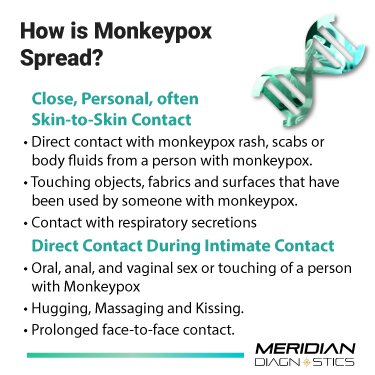 Because monkeypox is more prevalent among men who have sex with other men, tests were initially reserved for that demographic. However, the pox can spread through less-intimate contact if the individual has a lesion, healing scab, or prolonged face-to-face respiratory contact. A pregnant woman can also spread it to her fetus.
Because monkeypox is more prevalent among men who have sex with other men, tests were initially reserved for that demographic. However, the pox can spread through less-intimate contact if the individual has a lesion, healing scab, or prolonged face-to-face respiratory contact. A pregnant woman can also spread it to her fetus.
Now that other transmission methods are known, the testing must be opened up to anyone who may have had close contact with a person who tested positive for monkeypox. This, in turn, will put even more demand on labs, and many private labs are anticipating being authorized by the federal government as reliable testing centers.
However, only people with lesions may get tested, even if presenting with other symptoms. But, labs and testing centers must be careful because the lesions carry the virus. Holding to strict sanitation and testing protocols is essential. Moving testing into clinics has been essential to process the need, but delays at the start of the outbreak may mean that many people may have been infected but didn't realize it.
Currently, the only way to test for the monkeypox virus is by swabbing a lesion. Therefore, people can only get tested if they have lesions. Test results can take three days to a week to return results, which is why it's essential that the lab you use, like Meridian Diagnostics, emphasizes both speed and accuracy. By contrast, the New York Department of Health will test people for free, but the results can take up to 10 days to come back.
Slow Testing Delays Treatment
Monkeypox is treatable with Tecovirimat (TPOXX), the drug used to treat smallpox. However, the treatment cannot begin until a positive test result comes back. It's an effective anti-viral, but it works best when at the onset of symptoms, which are similar to the flu. Lesions are the last symptom to present. In addition, the sooner an individual takes Tecovirimat, the more successful it is.
Conclusion
As the monkeypox virus spreads, having more and more labs capable of processing the tests quickly enough to start patients on antiviral treatment is essential. Meridian Diagnostics is aiming to start Monkeypox testing at the start of September 2022. If you need to learn more, contact Meridian Diagnostics.
Graphics are informed by CDC information on Monkeypox

